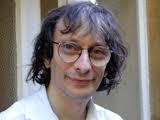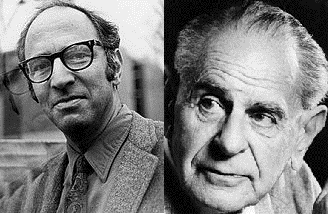 In a previous post I talked about Roger Penrose’s seven (depending on how you count them) SUPERB theories of science. Now I’d like to give you an alternative view that I think is equally fascinating, though it takes a completely different path.
In a previous post I talked about Roger Penrose’s seven (depending on how you count them) SUPERB theories of science. Now I’d like to give you an alternative view that I think is equally fascinating, though it takes a completely different path.
David Deutsch, being a Popperian Epistemologist (i.e. Epistemology is the theory of how we gain knowledge), believes that what makes a theory one of our best theories is not its range and accuracy, but instead how much it explains. Based on these criteria, Deutsch believes our four deepest theories of science are the following:
- Quantum Mechanics
- Biological Natural Selection
- Popper’s Theory of Knowledge (Epistemology)
- Computational Theory
In fact, Deutsch believes that these four strands are the start of what he calls “a theory of everything.” Continue reading

 In my last two posts on Computational Theory, I first explained
In my last two posts on Computational Theory, I first explained 